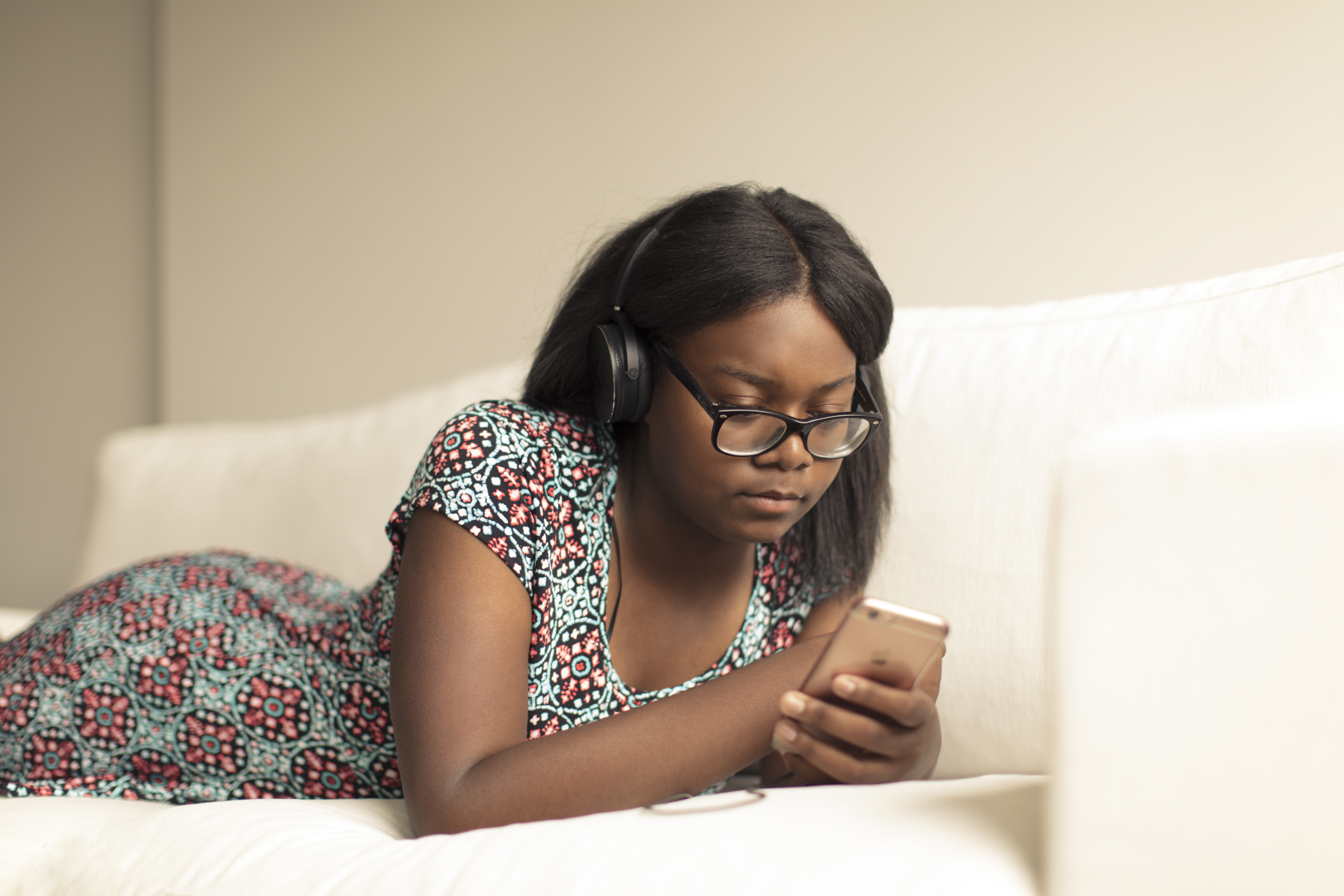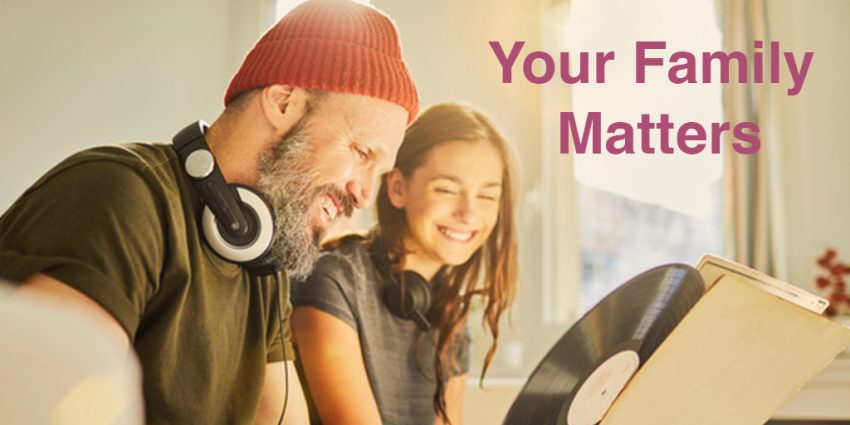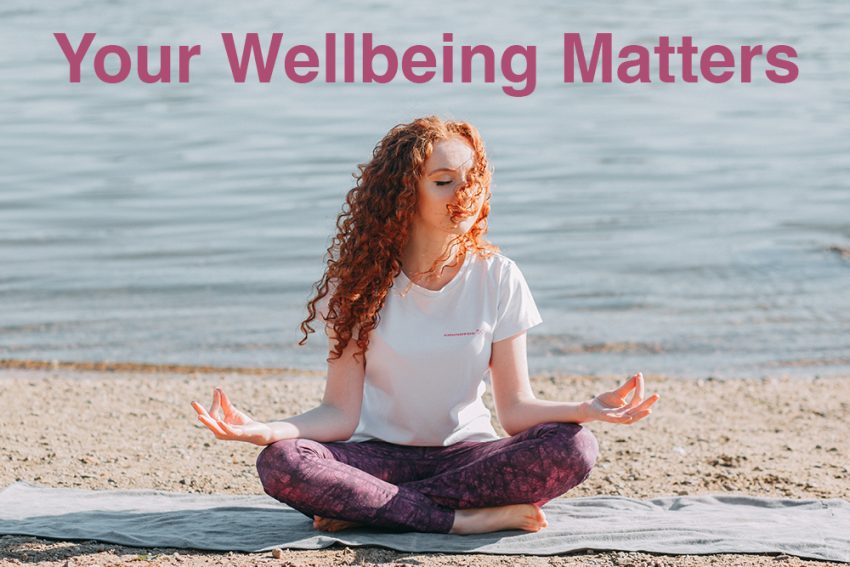UIO: A Lasting Resource
There is something about coming to the end of a story that is satisfying yet bittersweet. You see, the thing about a timeless story is that it continues spreading joy and serving as a resource for generation after generation.
Good books have that power and nowadays a timeless podcast can do a similar thing. That is my hope for UIO podcast—that its 37 podcasts will continue to be there for teenage girls and their guardians and supporters, as and when they need them.
Though I have taped and aired my last official podcast as far as I know, ending with the U Matter campaign, comprising four podcasts, it gives me great joy to see the stats continue to rise on podcasts as far back as 2017.
My first podcast ever, Your Confidence Inside Out with celebrated businesswoman and coach Cheryl Grace, continues to serve as a great resource to girls until this day. It is our third most popular podcast ever.
The second most listened to podcast taped in November 2019 with bestselling author Claire Eastham covers the ageless issue, social anxiety.
And the top podcast in our changing world was taped in October 2020, a few months into the global pandemic. Dealing With Grief with Kristi Hugstad came at a time when so many people needed it and continues to work for many UIO listeners.
That’s the idea behind all our podcasts—that they are there when you need them. Like many wonderful podcasts, ours are available on most podcasting platforms, including Apple, Google Play, Spotify and all the rest. And of course, here on my website, too!
May our podcasts continue to be a great inspiration and resource to teen girls the world over because as UIO guest Anj Handa points out, the only thing we can really be certain of is change.
So even though the subject matters are timeless and ageless, each generation will face challenges through the lens of their time, which feels like a lot of change. To this end, good resources are invaluable.
As for me, though it’s a wrap for podcasting for now, I expect my work on behalf of teenage girls to continue to manifest in varied ways. Watch this space.
In the meantime, keep listening and taking care of yourself inside out. And do feel free to drop in anytime here or on any social platform. And remember, it is U I Owe.









